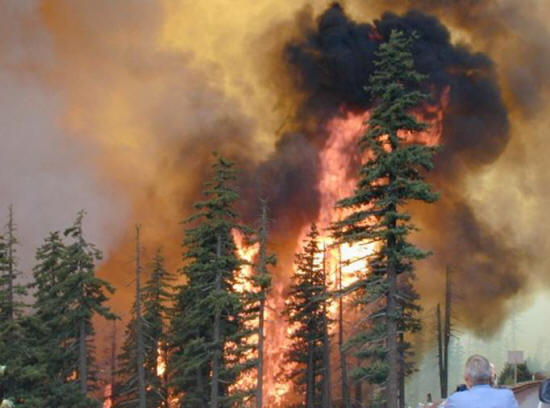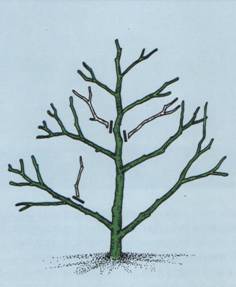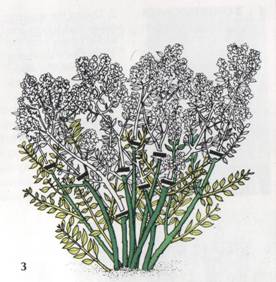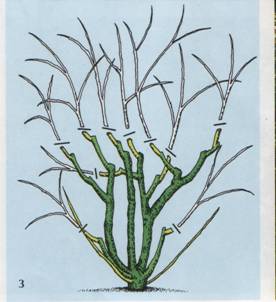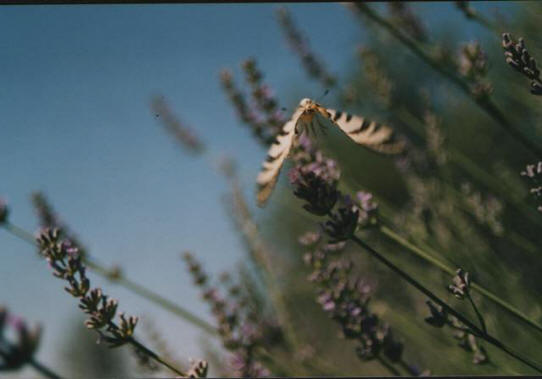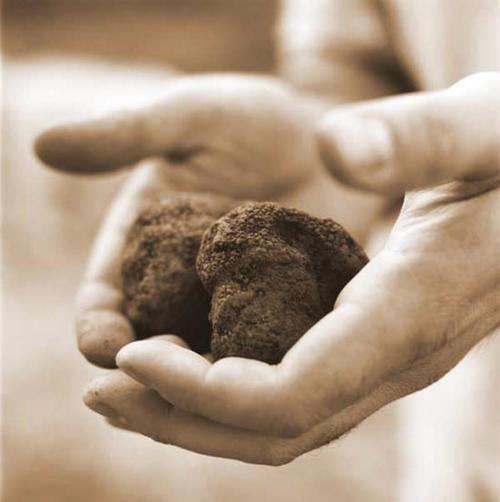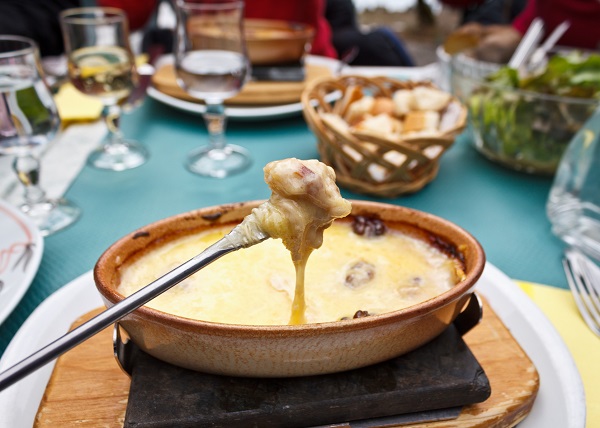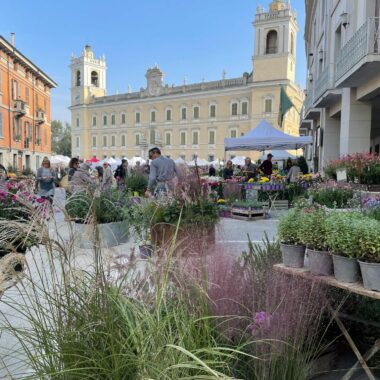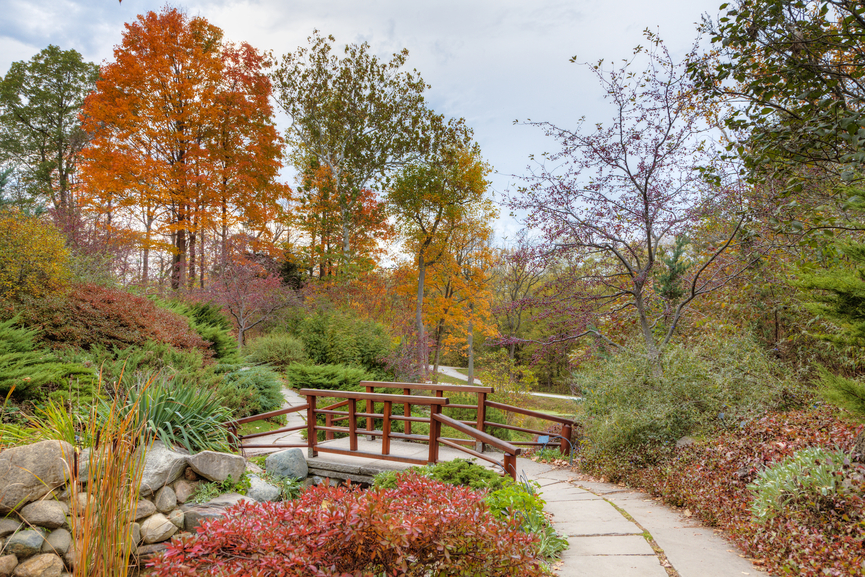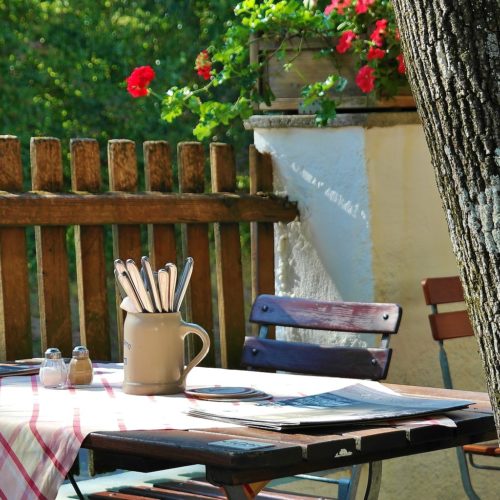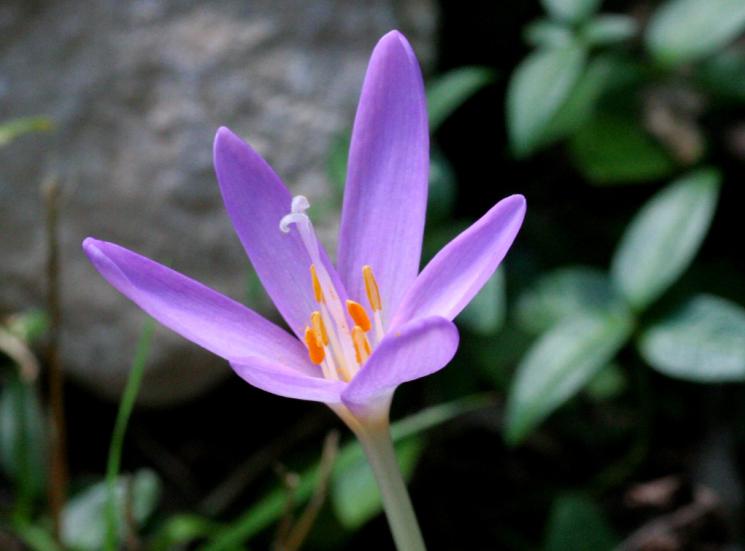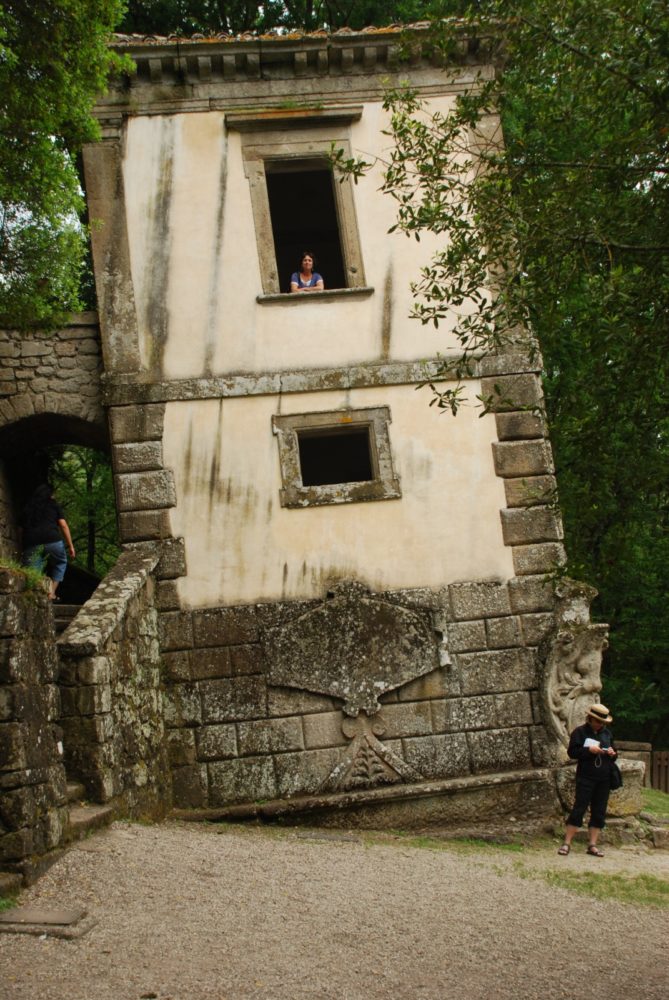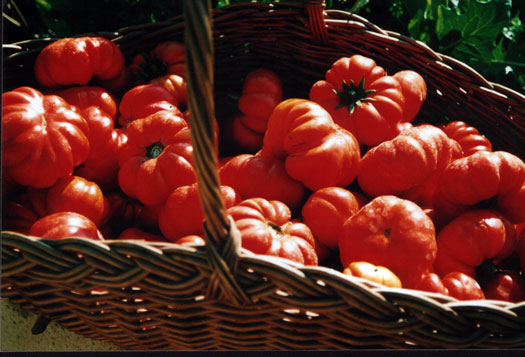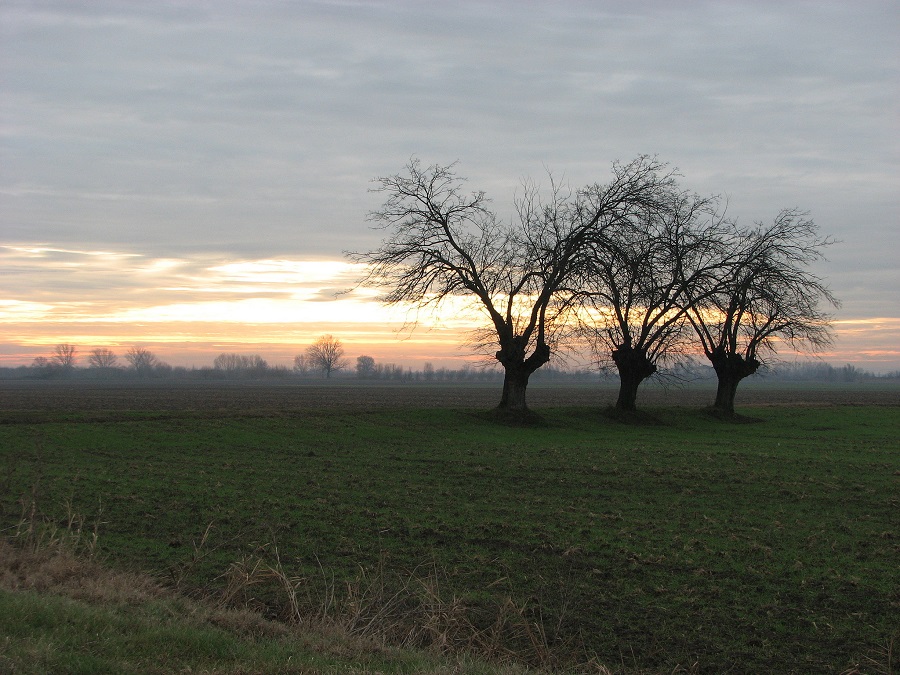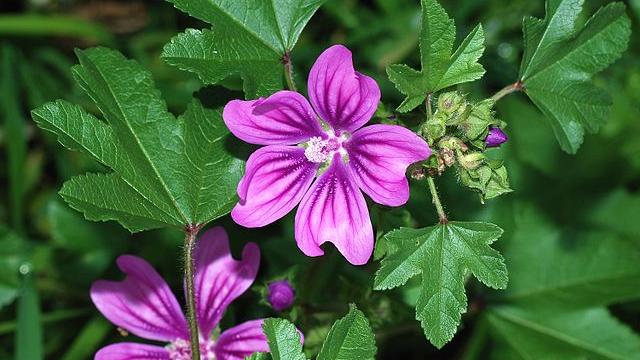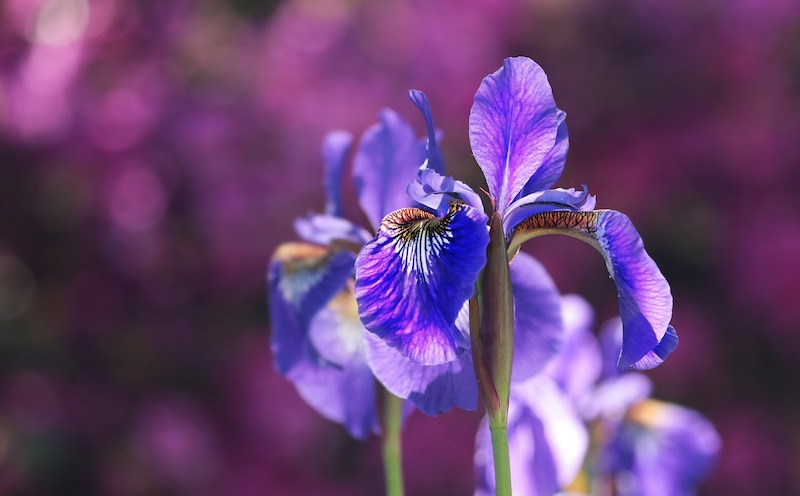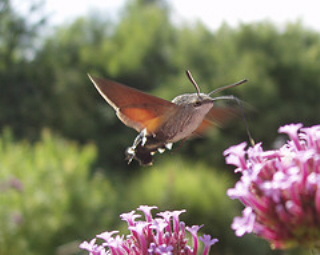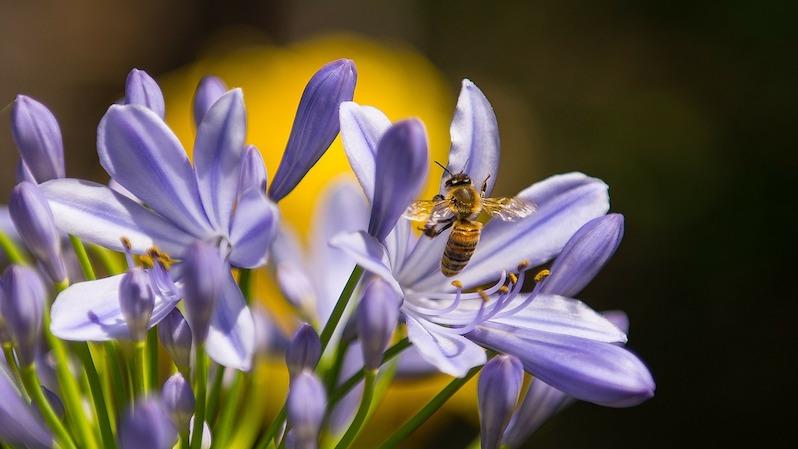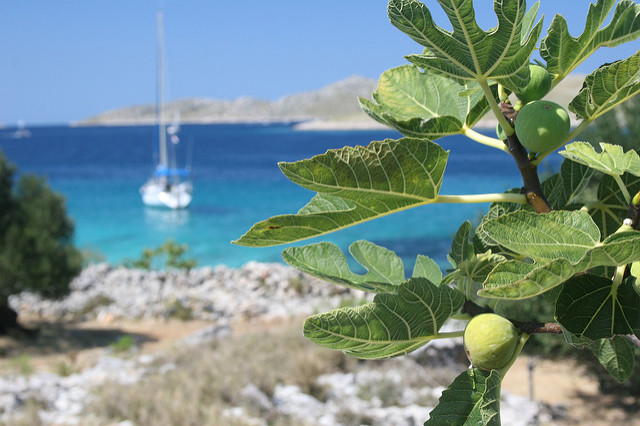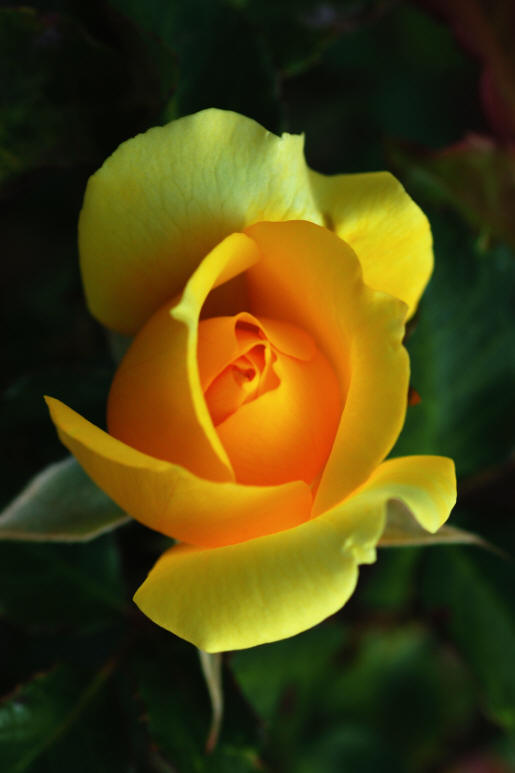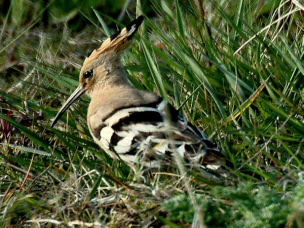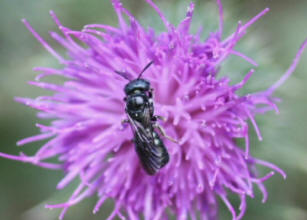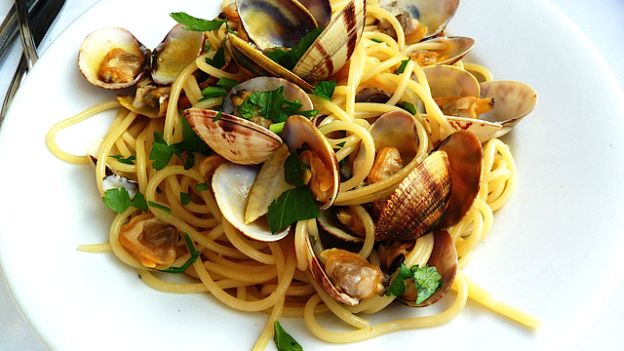How to Prune Mediterranean Plants
For many of us the thought of a helpless plant having its limbs hacked
off by a human evokes a sense of horror and the feeling that the poor
plant is suffering a terrible, un-natural ordeal in the process. However
by leaving certain plants without correct pruning we are in actual fact
creating far more suffering and hardship for those plants and there
are some very logical yet natural reasons why…
Many plants in their natural habitat suffer seemingly catastrophic
events, which at first glance would appear to be disastrous for their
survival. Take a forest fire for example, in a natural situation forest
fires can develop frequently and can often destroy vast swathes of woodland,
leaving an apparent destruction in their wake. Many plants however rely
on those forest fires for their survival and have become quite used
to the arrival of this totally natural phenomena.
Therefore when we take a common plant like Spanish broom (Spartium
junceum), which

on fire to remain lush and healthy, from its natural habitat on a Mediterranean
hillside and plant it in our safe gardens we have already isolated that
plant from most of the natural phenomena that determine its survival.
In a garden it will rarely be set ablaze by the violent lightening strikes
during the hot, dry summers and will therefore not be burnt to the ground
during that period. Pruning, in theory, should therefore somehow aim
to replicate the occurrence of natural events within the safe environment
of our gardens and provide the plant with a series of interventions
that replicate its natural state as closely as possible and make it
feel… at home.
A Spanish broom that is left to
grow for several years without a renovating prune will simply become
congested and decidedly unhappy, causing about as much pain and suffering
as possible! The difficulty comes when trying to figure out which plants
need what kind of pruning and when.
Plants can be divided into several groups, regarding their pruning
requirements:
GROUP ONE – DECIDUOUS SHRUBS:
are among a large number of plants that require little or no pruning,
such as Magnolias and Acers etc and really only require the occasional
branch removed at planting to develop a healthy shape.
GROUP TWO – FLOWERING DECIDUOUS SHRUBS:
such as Rosemary, Forsythia, Deutzia or Kolwitzia which flower in
spring or early summer produce their flower- bearing shoots during the
previous growing season and if left un-pruned can become overgrown and
slowly produce less flowers and predominantly at the tips of their stems-
on the new growth. Such plants should be pruned after flowering to allow
for new growth to develop during the growing season, which will provide
flowers for the following year. A simple removal of old, flowered stems
will ensure the reproduction of healthy, flower-bearing growth for the
following season.
GROUP TWO EXCEPTIONS:
There are however exceptions to this category, including; Deutzias,
mop-head Hydrangeas and Spanish broom that make most of their new growth
from the base of the plant. Shrubs in this sub-category should have
their old, flowered stems removed right down to ground-level after flowering
to ensure a cycle of reproductive growth.
GROUP THREE – FLOWERS PRODUCED ON CURRENT SEASONS GROWTH:
plants that flower in the summer or autumn on the current seasons
growth, which include; Lavender, Ceanothus, certain Hydrangeas and Perowskia
etc. These plants require a hard prune in early spring to stimulate
the growth that will carry the flowers for the same season.
By following these simple rules one can begin to develop a garden
that follows natural rhythms very closely yet at that same time provide
you with the maximum flowering potential, a very happy plant and an
extremely natural garden indeed!
By Jonathon Radford


